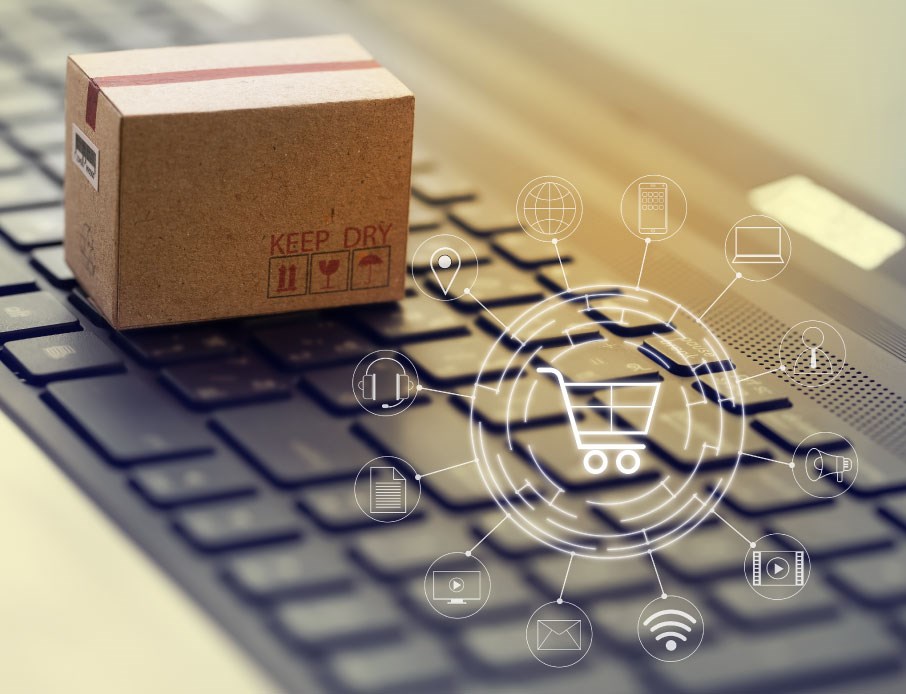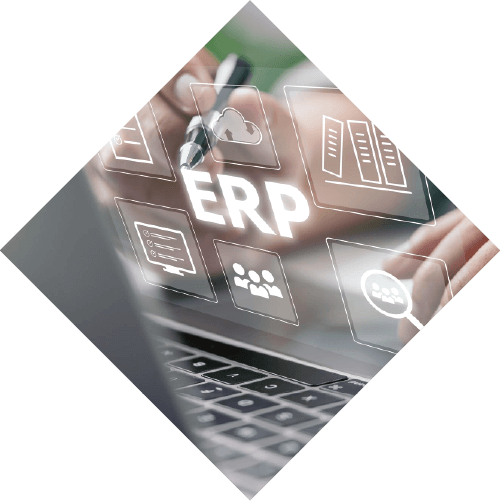Your online customers expect more than just a smooth checkout. They want fast fulfilment, accurate stock updates, and on-time delivery.
That’s why businesses are turning to ERP and e-commerce integration.
It’s not just about making life easier for staff; it’s about creating a joined-up customer journey that keeps buyers coming back.
How Does ERP Integrate With E-Commerce Platforms?
ERP integration connects your e-commerce store with your back-office systems. Customer orders made online are fed directly into the ERP, which then manages stock, fulfilment, shipping, and financial records. No more manual data entry or juggling spreadsheets.
The integration works both ways too. Real-time updates on stock availability, delivery times, and even personalised pricing can flow back to the e-commerce site. This ensures that what your customers see online is accurate, while your internal teams can rely on up-to-date order and inventory data.
For manufacturers and distributors, this means less duplication of work, fewer errors, and faster order cycles.
What E-Commerce Platforms Can ERP Software Integrate With?
Most leading ERP systems are built with e-commerce integration in mind. Platforms like Shopify, Amazon, Magento, WooCommerce, BigCommerce, and others can be linked seamlessly.
With the right connector, your ERP becomes the control hub that keeps your online storefront in sync with your warehouses, accounts, and supply chain. That means orders flow through automatically, while fulfilment and invoicing are triggered in the background.
Syscom’s ERP solutions - including Microsoft Dynamics 365, Business Central and Syscom ERP - have capabilities to integrate with major e-commerce platforms. These systems ensure that as your online sales grow, your back-end operations can keep pace.






















